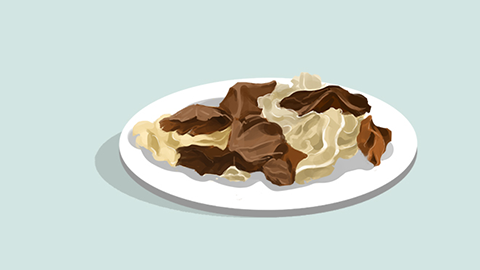Why is it recommended not to eat leftover food from the previous day?
Generally speaking, the reasons why it is recommended not to eat leftover food from the previous day include reduced nutritional value, bacterial growth, formation of harmful substances, deterioration of taste, and increased risk of food poisoning. Details are as follows:

1. Reduced nutritional value: During prolonged storage, water-soluble nutrients such as vitamin C in leftover food can be significantly lost, greatly reducing the nutritional value. This is particularly detrimental to children, elderly individuals, and patients who require balanced nutrition.
2. Bacterial growth: Leftover food can easily become a breeding ground for bacteria, especially when stored at room temperature. Even if dishes are stored in the refrigerator, bacterial growth cannot be completely prevented. Consuming contaminated food may cause gastrointestinal discomfort or even food poisoning.
3. Formation of harmful substances: Ingredients such as leafy vegetables may experience the conversion of nitrates into nitrites by bacteria during storage overnight. Nitrites are carcinogenic substances. Long-term intake of nitrites may increase the risk of cancers such as gastric cancer and esophageal cancer.
4. Deterioration of taste: When reheated, leftover food often has significantly compromised texture and flavor. This is especially true for leafy vegetables, where reheating further depletes nutrients like vitamin C and results in a mushy texture.
5. Risk of food poisoning: In addition to bacterial growth, leftover food may also be contaminated by other microorganisms such as molds. These microorganisms can produce toxins during reproduction, and consuming them may lead to food poisoning.
To ensure dietary health and safety, it is recommended to avoid eating leftover food as much as possible. If you need to store leftovers, they should be placed in the refrigerator promptly and consumed within a short period. Additionally, when reheating food, ensure that it is thoroughly heated until fully cooked to reduce the risk of bacterial growth.
References:
[1] Sun Changhao. Nutrition and Food Hygiene [M]. 8th Edition. Beijing: People's Medical Publishing House, 2017.
[2] Zhao Lin. Food Incompatibility and Compatibility [M]. Beijing: People's Military Medical Press, 2016.




